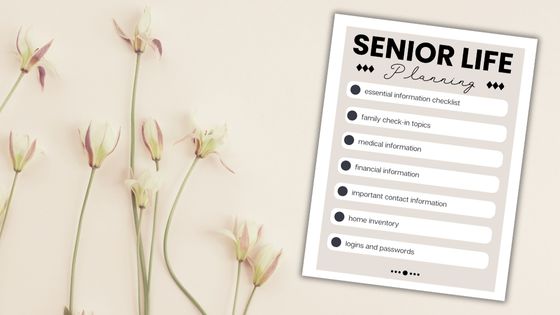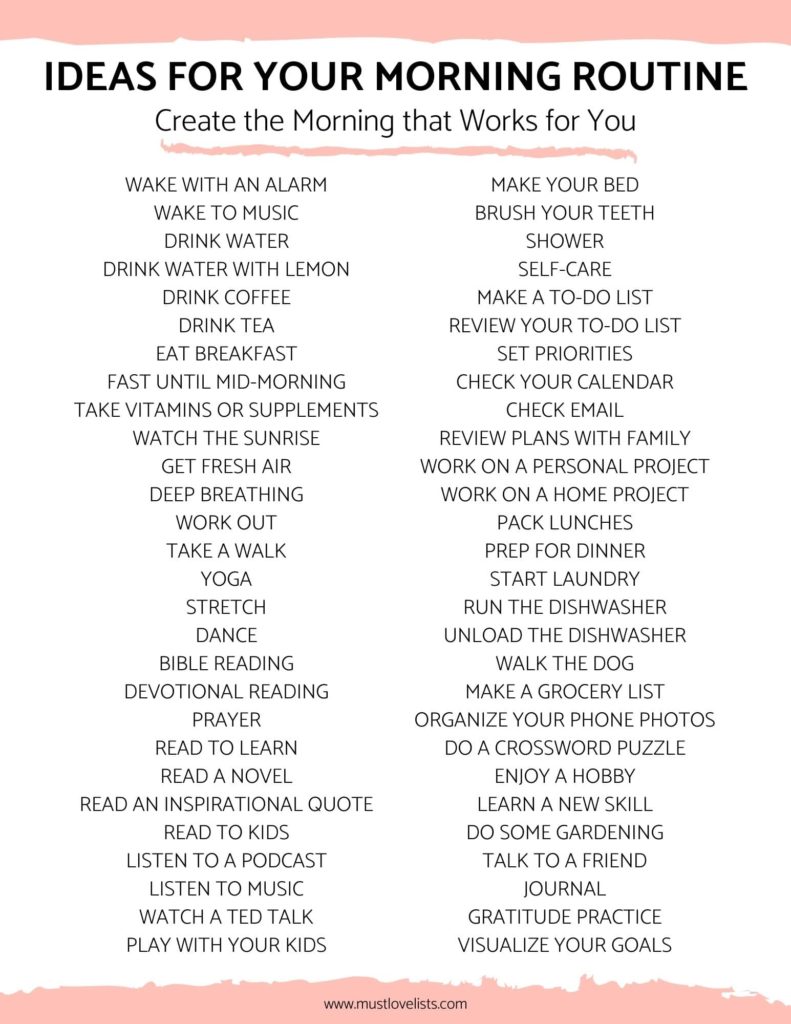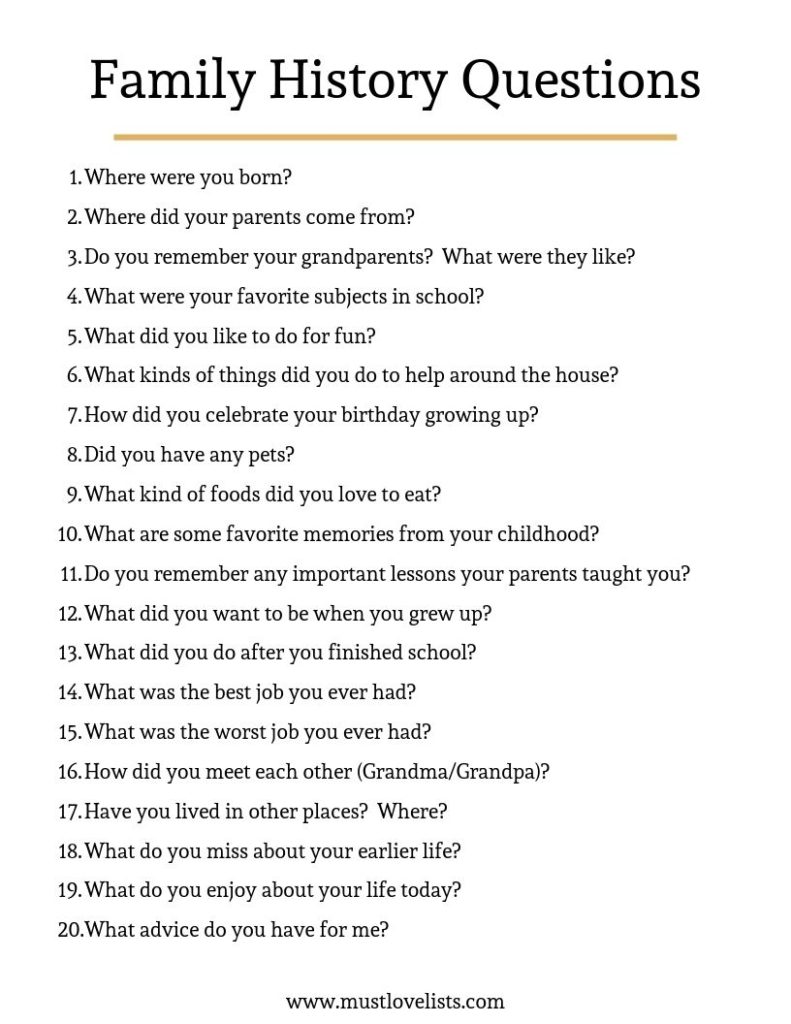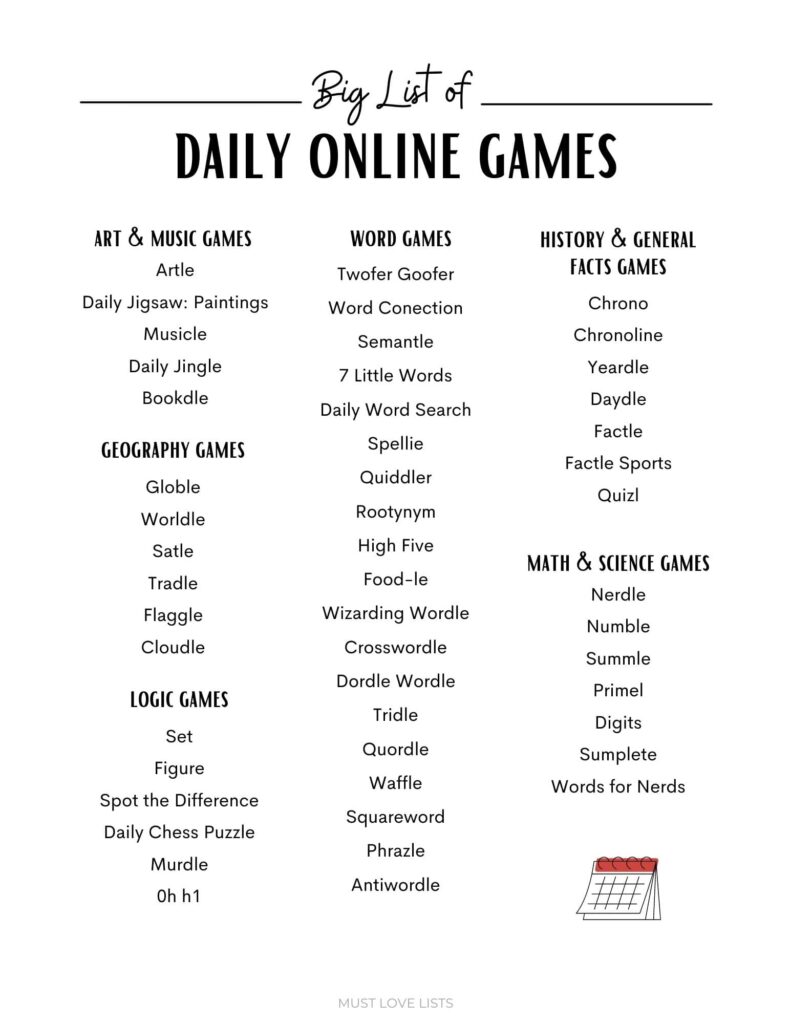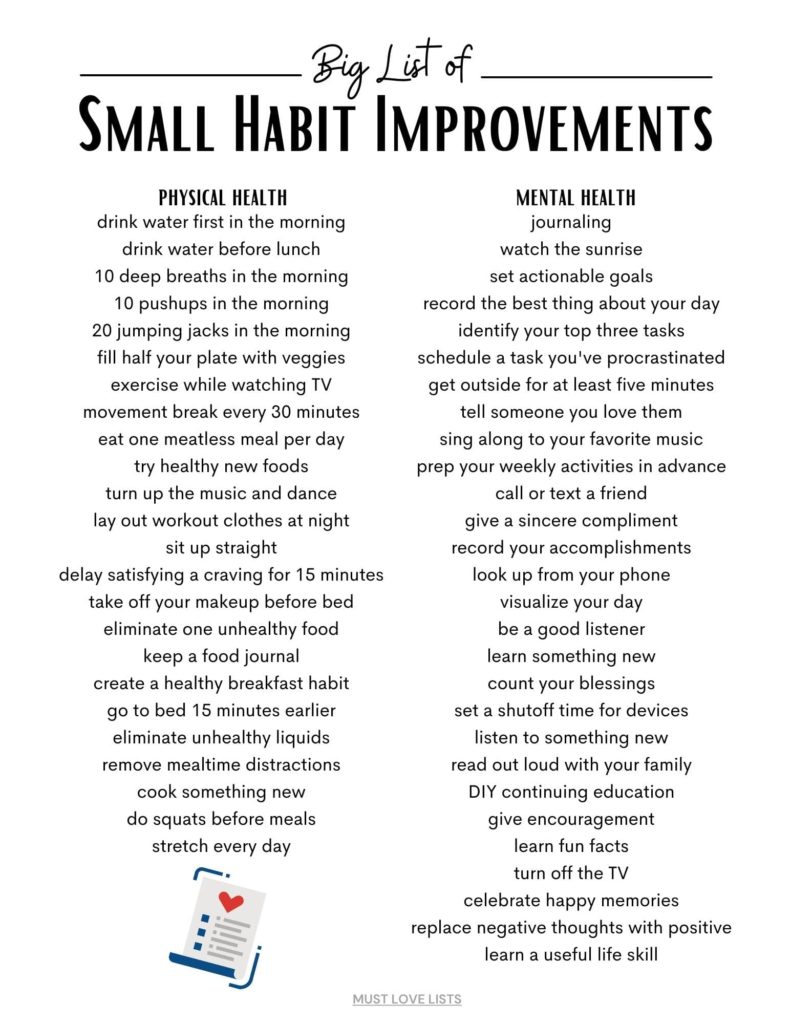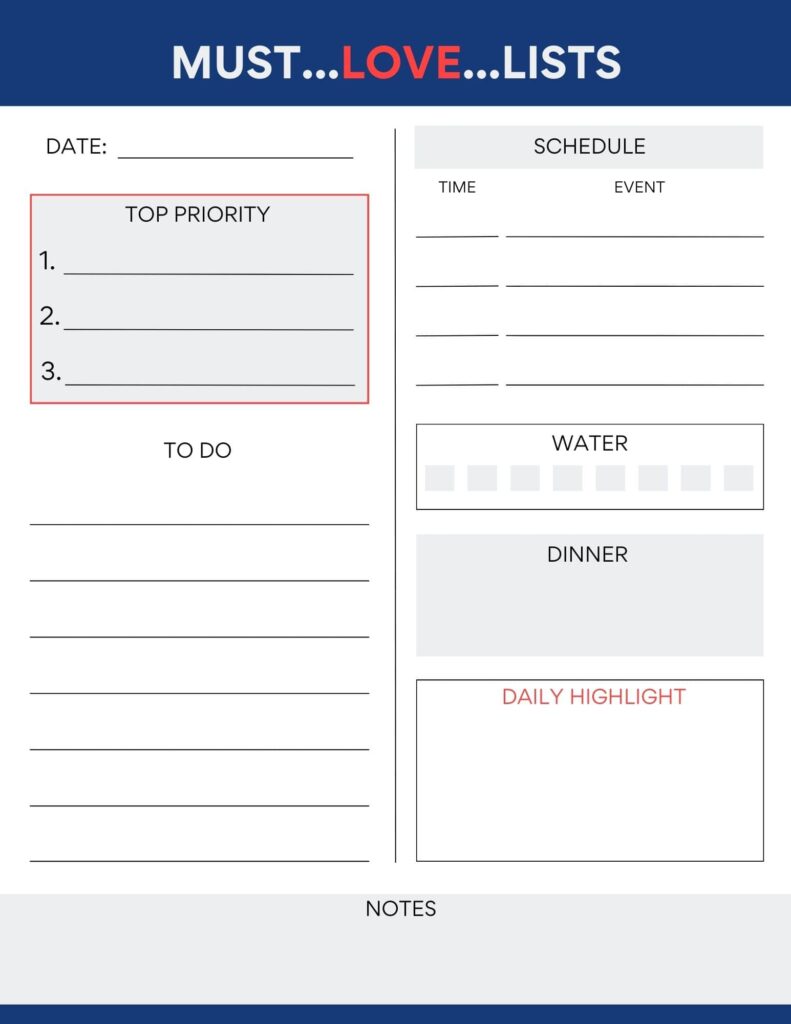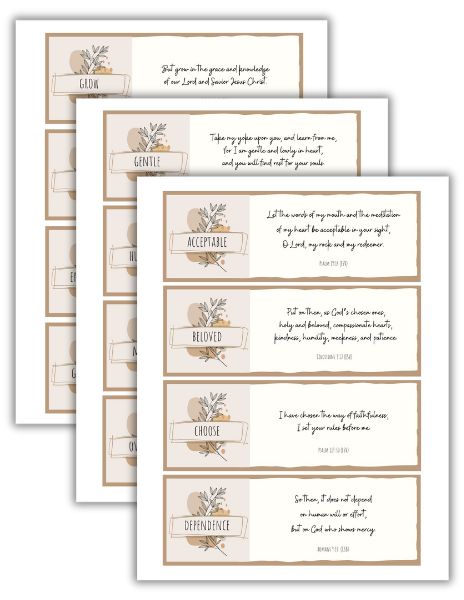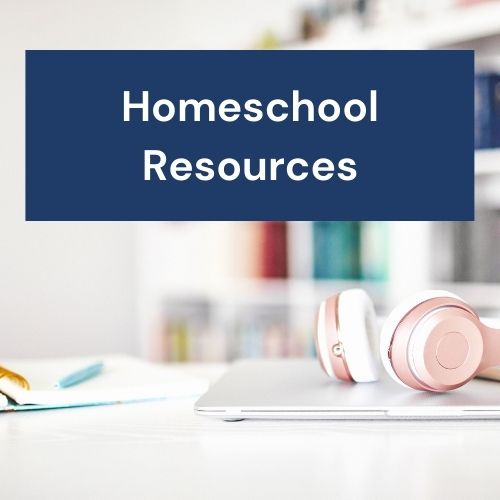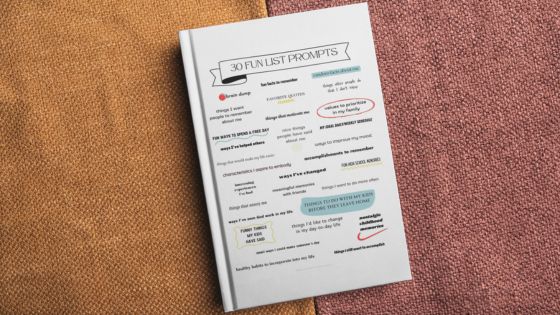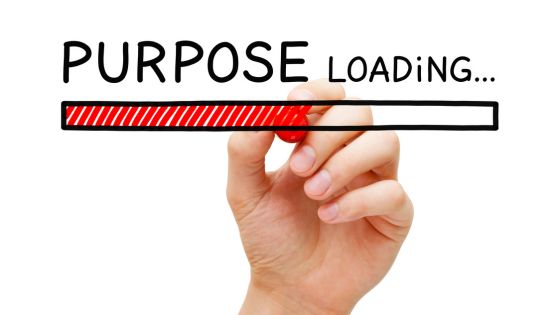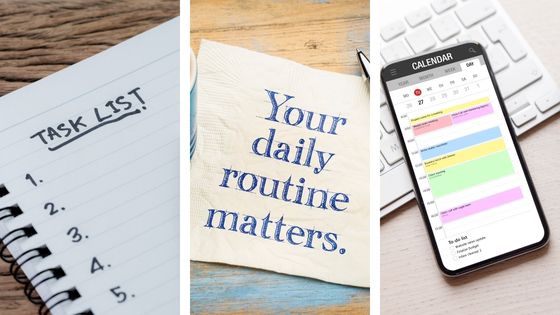Planning Ahead to Assist Aging Parents
Navigating the complexities of beginning to assist parents who maintain their independence and helping them plan for the future can be overwhelming. Whether you’re starting conversations with aging parents or organizing essential documents for the unexpected, an emergency binder for seniors is designed to simplify this process. This comprehensive resource includes detailed checklists to guide discussions on crucial topics, from healthcare preferences to financial matters. Additionally, it offers structured pages for recording medical histories, financial details, and the location of legal documents—all in one accessible place. Empower yourself and your loved ones with the tools they need for peace of mind and preparedness.

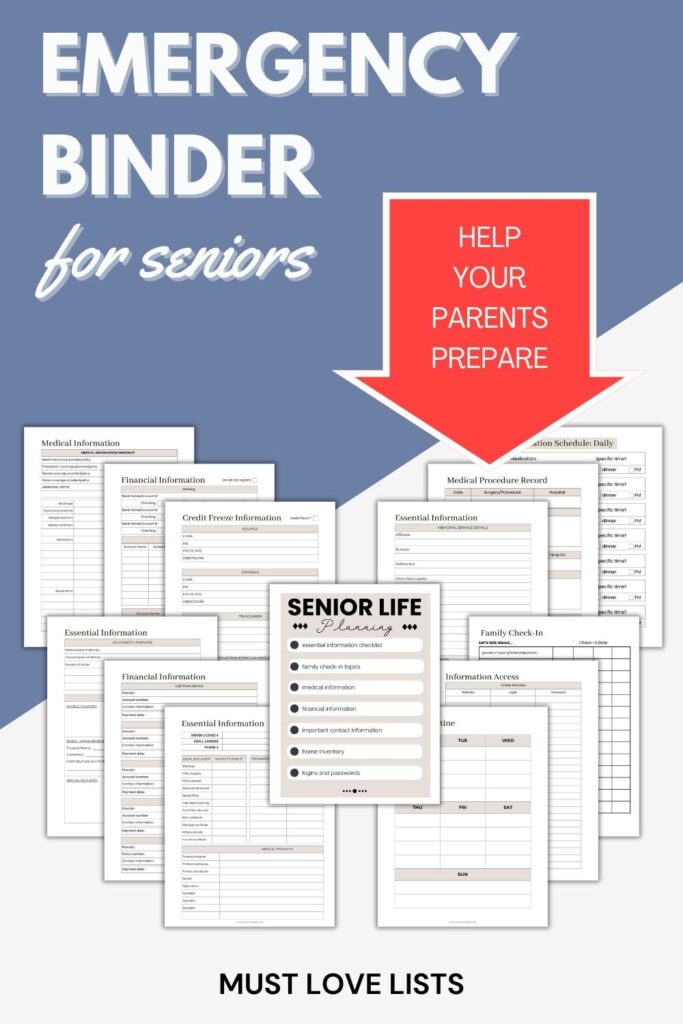
Importance of Planning Ahead
The truth is, none of us knows the future. Whether you’re 65 or 35, you should consider compiling a list of essential information in the case of an emergency. Many people call this a “what-if” or “just in case” binder. It’s a place to store all the necessary details for a spouse or other family member to be able to step in and manage all the household or locate important documents.
One of the best things you can do to ease the burden on everyone is to plan ahead. That is exactly why your parents need an emergency binder for seniors specifically. It is the go-to resource for all necessary information needed to find crucial documents, check in with finances, and make sure medical issues don’t get overlooked.
My emergency binder for seniors is intended to be used by adult children of parents who are still living independently, but beginning to need small amounts of assistance here and there to manage the details of our modern, tech-driven world.
Read: 3 Important Questions to Ask When Planning Your Day, Week, Month, or Year
Senior Emergency Binder Overview
The Senior Emergency Binder Toolkit is a digital product containing printable pages that can be three-hole punched and added to a binder, or coil-bound if you prefer.
While encompassing many of the same legal, financial, and medical items that would be pertinent to all demographics, this list pack for older adults specifically addresses topics to discus with aging parents, along with links to senior discount programs, and tips to help protect from fraud and identity theft.
Here’s what’s included…
- Essential Information Checklist
at-a-glance list of important information to gather and discuss - Essential Information Snapshot
where to find legal documents, preferred medical providers, email addresses and phone numbers, prior addresses, organization memberships and affiliations (garden clubs, university alumni associations, volunteer commitments, etc.) - Family Check-In Discussion Topics
list of topics to discuss regularly to stay on top of any areas where your parent needs or wants help, includes space to add check-in dates monthly or quarterly to track when you last brought up the topic - Family Check-In Notes
space to date and record notes related to any of the areas discussed, print as many copies of this page as you need - Weekly Routine
simple documentation of your parent’s typical weekly routine, useful for you to know their basic schedule and helpful for them to have a reminder - Financial Information
bank accounts, investment accounts, credit freeze information, financial contacts (lawyer, accountant, financial advisor), income sources, assets, insurance providers and policy numbers, loan and credit card information, recurring expenses, places to indicate account numbers, contact information, monthly payment dates, whether auto-pay is set up via credit card or bank, check whether on do not call registry, subscriptions - Medical Information
health insurance providers and policy numbers, medical conditions, allergies, blood type, organ donor status, medications and supplement list, daily medication schedule, health episode tracker, medical procedure record, last date of routine exams - Information Access
place to record login and password information - Home Inventory
simple page to list items in the home, especially those of sentimental value - Essential End-of-Life Information
space to record designated medical and financial power of attorney, estate executor, burial arrangements, people to notify in case of death, memorial service details - Financial Information
bank accounts, investment accounts, credit freeze information, financial contacts (lawyer, accountant, financial advisor), income sources, assets, insurance providers and policy numbers, loan and credit card information, recurring expenses, places to indicate account numbers, contact information, monthly payment dates, whether auto-pay is set up via credit card or bank, check whether on do not call registry, subscriptions - Useful Information
senior discounts, tips for seniors, how long to keep records, senior resources, questions to ask parents

Tips for Getting Started
In addition to the printable pages included in the toolkit, you may want to add a few other things to your binder that will be helpful.
Helpful Additions to Your Senior Emergency Binder
Business card storage page: include business cards from doctors, dentists, bank managers, mechanics, etc.
Sheet protector pages: great for storing insurance policies, photocopies of important documents such as marriage certificates, passports, immunization records, or sealed letters to be disbursed after death.
Extra pages for additional notes, as desired.
It will take a little time to compile all this information, but it is worth it! Think of the peace of mind you will have knowing that you are able to quickly access any vital information needed in an unforeseen situation.
Free Downloads Your Parents May Enjoy
Working with Your Parents
Depending on the status of your parents, they may wish to work on this project independently, or, if you are already in the beginning stages of taking over management of finances or assisting with medical appointments, you may be able to make this a joint project.
Emphasize how crucial it is to have this information readily available, no matter your age. Maybe even work on creating your own emergency binder alongside your parents!
Storing Your Emergency Binder
Obviously, much of the information kept in this emergency binder is sensitive and should be kept safe and private. You may choose to keep this in a fireproof safe and deal with slightly less accessibility. Another option is to store it with cookbooks, games, or another innocuous shelf to make it more easily accessible. The best option would probably be to have two copies, keeping one in a fireproof safe and another in a place that is easily accessed, but not obvious.

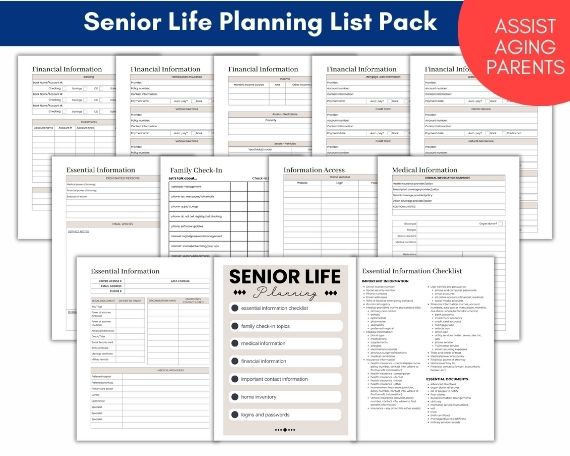
Helpful Resources for Senior Life Planning
In addition to the vital information that is necessary to begin helping your parents manage financial and medical needs, this toolkit has a few fun and helpful resources for seniors.
You’ll find links to popular senior discounts for stores, restaurants, travel, and more.
Also included is a list of tips for seniors that cover ways to decrease the odds of identity theft, make financial decisions, and manage a home.
There is a page detailing how long to keep records, and another listing resources for senior services that may be helpful in the future.
Finally, there is a list of questions to ask your parents as you get started with talking about their future plans and decisions.
You’ll find a free download in my resource library of the Essential Information Checklist, and the complete toolkit available in my Etsy shop.

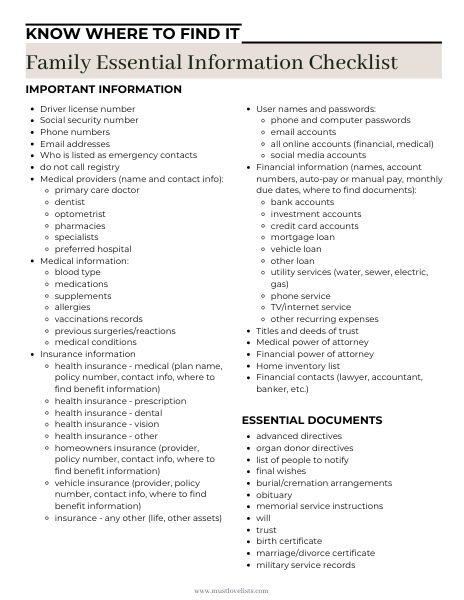
Start the conversation now with your parents and begin to gather information and documentation so that you aren’t caught off guard and scrambling when the unexpected happens.
Visit my homeschool resources page for monthly unit study ideas, projects, and homeschool planning help!


